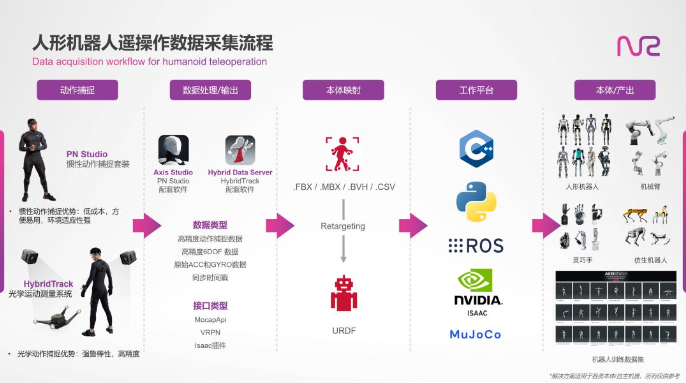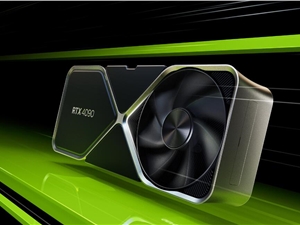Today, with the rapid development of robot technology, data has become a core bottleneck in the industry. The world's largest motion capture equipment manufacturer "Noitom" is following this trend, separating its robot data business and launching a new business model. With the participation of giants such as Tencent and ByteDance, the motion capture industry has been unexpectedly ignited.
The co-founder of Noitom, Dai Ruoli, realized that the demand for high-quality data in the robotics field was gradually increasing after receiving multiple purchase calls from international giants. In recent years, Noitom has captured 70% of the market share in motion capture equipment and participated in the production of many classic Hollywood films, including "Game of Thrones" and "X-Men." Now, as embodied intelligent robots gradually become a reality, Noitom sees new opportunities.

A major challenge for robots is the lack of data, and motion capture technology can effectively collect key movement data, becoming the "fuel" for robot training. In this context, Noitom decided to establish "Noitom Robotics," focusing on the collection and application of robot data. The core team consists of experienced professionals from the industry, including former executives from Tencent and ByteDance, bringing strong technical power to the new company.
Noitom's business model includes the "Teleoperation Project (Project T)" and the "Data Factory Project (Project D)." In the teleoperation project, the company sells motion capture equipment to robot manufacturers and provides data collection and remote control services. This year, the project has attracted orders worth tens of millions, with customers covering well-known robot manufacturers both domestically and internationally.

On the other hand, the Data Factory Project aims to build a platform focused on data collection and sale to meet the growing market demand. It is expected that the annual revenue of this project will reach the level of billions. Although the collection of robot data faces many challenges, Noitom is well-prepared to deal with them.
However, the debate over data collection remains intense. Some believe that the success of autonomous driving should be emulated, collecting large amounts of real-world data; others are cautious, thinking that blindly collecting data before models are mature may result in losses. Finding the best strategy for data collection remains a key factor in future development.










